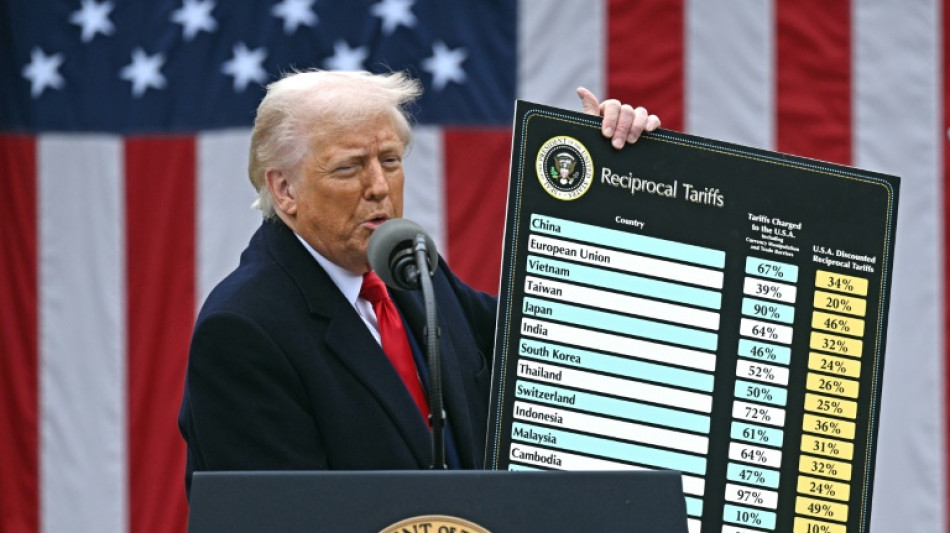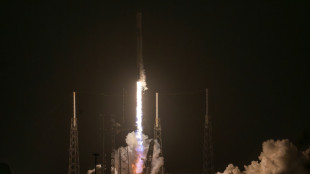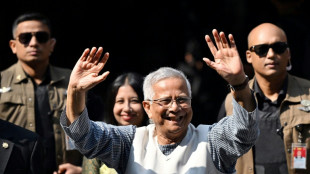

Trump says 'no extensions' to Aug 1 tariff deadline
President Donald Trump said Tuesday that he would not extend an August 1 deadline for higher US tariffs to take effect on dozens of economies, a day after he appeared to signal flexibility on the date.
While Trump imposed a sweeping 10 percent tariff on goods from almost all trading partners in April, higher rates customized to dozens of economies were unveiled, then halted until July 9.
But the president this week again delayed their reimposition, pushing it back to August 1.
Trump insisted that there would be no further delay in the tariffs. "There will be no change," he posted on Truth Social.
He added that levies would start being paid on August 1, in line with letters now being sent out to trading partners.
"No extensions will be granted," Trump said.
On Monday night, Trump had told reporters at a dinner that the August 1 deadline was "firm, but not 100 percent firm."
Pressed on whether the letters were his final offer, Trump replied: "I would say final -- but if they call with a different offer, and I like it, then we'll do it."
In a push for further trade deals, Trump sent letters to more than a dozen partners on Monday, including key US allies Japan and South Korea.
Products from both countries would be hit with 25 percent duties, Trump wrote in near-identical letters to leaders in Tokyo and Seoul.
Indonesia, Bangladesh, Thailand, South Africa and Malaysia were among other countries facing duties ranging from 25 percent to 40 percent.
In his messages to foreign leaders, Trump warned of further escalation if there was retaliation against his levies.
Most countries receiving the letters so far saw US tariffs at similar or unchanged rates from those threatened in April, although some like Laos and Cambodia saw notably lower levels.
The Trump administration is under pressure to show results after promising a flurry of deals following the US president's tariff threats.
So far Washington has only struck two pacts, with Britain and Vietnam, besides an agreement to dial back staggeringly high tit-for-tat levies with China.
In threatening tariff hikes on various economies, Trump cited in his letters a lack of reciprocity in trading ties.
He also warned that goods transshipped to avoid higher duties would be subjected to steeper levels.
But he added that if countries were willing to adjust their trade policies, Washington "will, perhaps, consider an adjustment to this letter."
He said in the letters that tariffs could be modified "upward or downward, depending on our relationship with your Country."
O.Bauer--VZ



